BLACK MONTH 2022
February 2, 2022
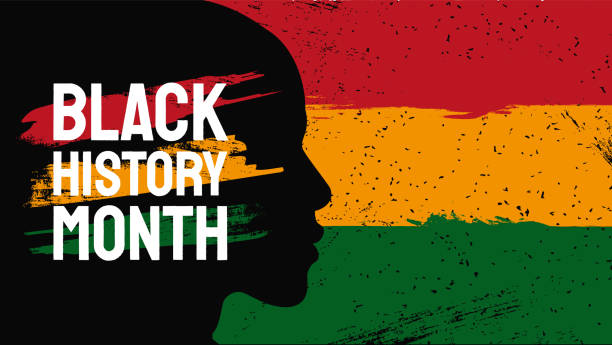
At Pinewood, African American history and culture and their invaluable contributions to U.S. American and world history and culture is not a separate unit to be celebrated for one month only. On the contrary, its influence is seamlessly integrated into the curriculum so that it continues to inspire students throughout the years. It also provides an important entry point for opening discussions with our students about race relations, civil rights, implicit bias, inequality, power, privilege, and so much more.
In the words of President Barack Obama in 2016, “Black History Month shouldn’t be treated as though it is somehow separate from our collective American history… It’s about the lived, shared experience of all African Americans, high and low, famous and obscure, and how those experiences have shaped and challenged and ultimately strengthened America”. Accordingly, at Pinewood every month is a Black history month.
Each week this month, we will highlight teaching units created by our teachers and taught to students during the year to tackle the invaluable work of understanding black history in the U.S. and beyond.
– Dr. Roxanne Giampapa & Dr. Apostolos Rofaelas
PROJECT PRESENTATION
FEBRUARY WEEK 4
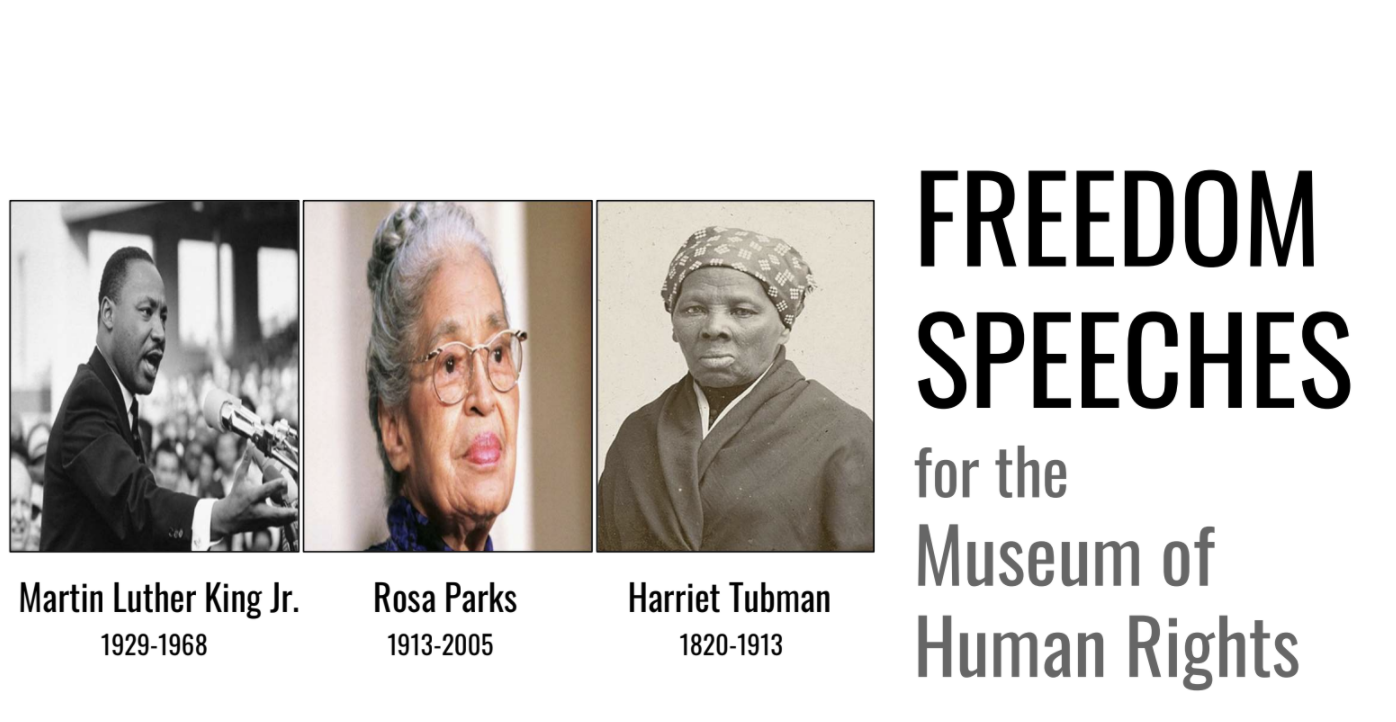

Freedom SpEECHES
Inspired by the Social Studies anti-slavery unit and the A21 Walk for Freedom high school students of Pinewood took part in earlier this October, grade 4 students visited virtually the Canadian Museum for Human Rights to learn more about equality, fairness and anti-racism. Students read about social activists of the 19th, 20th and 21st centuries, particularly about the life of Martin Luther King Jr, Rosa Parks and Harriet Tubman, and they wrote their very own Freedom Speeches to proclaim their support to their causes.
IMPORTANT INDIVIDUALS
Grade 4 students completed a project inspired by the Freedom Writers Foundation on African American individuals of the 19th, 20th and 21st centuries. Students conducted research in the notable biographies archives about a scientist, athlete, politician or artist whose life they find interesting, and they created a presentation about her/his accomplishments. The focus was on telling the hidden personal life stories to shed light on the struggles and challenges they faced in trying to ameliorate the world and bring social change.
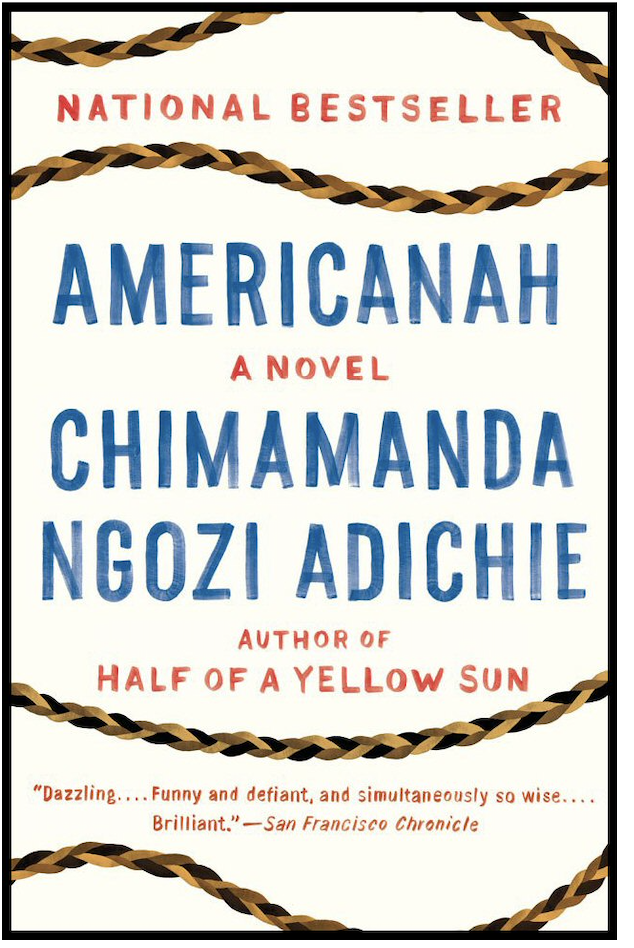
In Grade 11, Black History Month is observed as part of our literary unit on Chimamanda Ngozi Adichie’s novel Americanah (2013), a coming-of-age story or bildungsroman set in a post-colonial/migratory frame, which amongst others focuses on the evolution of racism, the tension of adaptation and resistance to white norms, the re-writing of black-female sexuality, and the concepts of Afropolitanism and a hybrid/transnational identity. Our primary focus is on raising students’ awareness of modern-day forms of racism, emphasizing the more subtle and nuanced forms that are potentially harder to detect and fight against. Taking their cue from specific extracts from the book, students will conduct online comparative research on the evolution of racism, from the beginning of slave-trade to the 21st century, and present their findings in class.
FEBRUARY WEEK 3
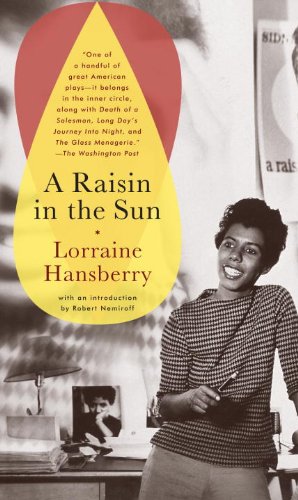
In Dr. Apostolos Rofaelas’ and Ms. Frances Leary’s ninth grade language and literature classes, students observed Black History Month as part of a literary unit on Lorraine Hansberry’s play A Raisin in the Sun.
The drama tells the story of an African American family in 1950s Chicago, and it explores their struggles as they attempt to break through barriers created by prejudice and segregation in order to achieve the American Dream. Hansberry took inspiration for the story from her own experiences growing up in segregated Chicago, and the title of the play comes from a line in the Langston Hughes poem “Harlem.”
As part of this unit, students researched and reported on the historical progression of African American rights and freedoms after the Civil War in the United States. They learned about Jim Crow laws, the Harlem Renaissance, the Civil Rights Movement, and many important figures who fought throughout history to improve the lives of African Americans. According to Hansberry, “The problem in the world is the oppression of man by man; it is this which threatens existence.” Students gained a deeper understanding of this oppression and of the obstacles faced not only by African Americans but by many marginalized populations. They also explored ways to advocate for freedom and equality in their own lives and in the lives of others.
–Dr. Apostolos Rofaelas, Ms. Frances Leary
FEBRUARY WEEK 2
Sir Arthur Lewis
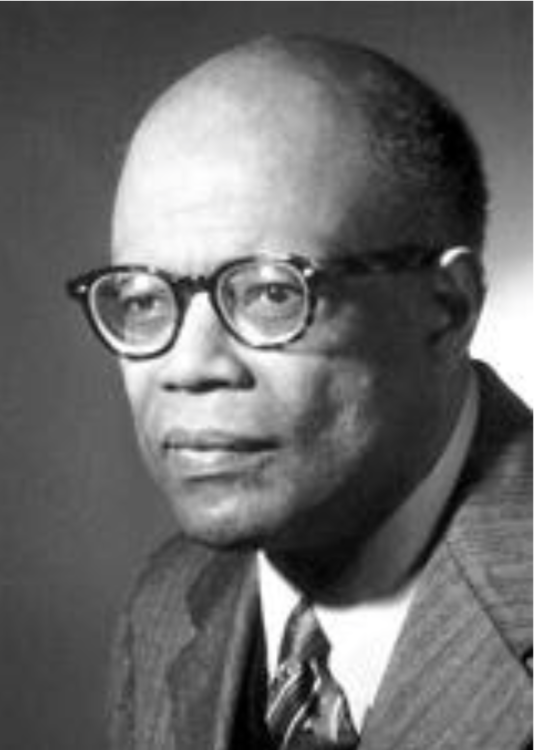
Sir Arthur Lewis was a St Lucian economist, academic and policymaker, whose research prompted news ways of thinking about issues of poverty alleviation and economic development.
In 1979 he was jointly awarded the Nobel Prize in Economics focusing on the problems of developing countries. Three facts render this achievement even more remarkable. He was the UK’s first black Professor, the first black person and to this point, the only black person ever to win a Nobel Prize in Economics.
The underlying implication of Lewis’ work is the creation of a model by which economies can go through structural change and transformation that can lead to better economic prospects. His famous moto “The fundamental cure for poverty is not money but knowledge” signifies the power and implications of education in every nation.
Today, more than ever, Sir Arthur Lewis remains a beacon of inspiration, as nearly forty years after his Nobel Prize, his research legacy continues to pave the field of modern Developmental Economics offering governments the tools to improving the lives and well-being of their citizens. He died in Bridgetown, Barbados, in 1991.
In February, Mr. Vasilis Nigdelis and his IB2 Economics students will focus on the work of Sir Lewis to stress the importance of policy making to promote economic growth and development through key performance indicators such as income, health, and education.
Using articles and audiovisual material, students will delve into the positive externalities of job creation, educational standards, gender equality, political stability, anti-corruption initiatives and improved quality of life, among other, in order to study how non-economic factors are as equally important in domestic development as economic ones.
– Mr. Vasilis Nigdelis
FEBRUARY WEEK 1
MAYA ANGELOU
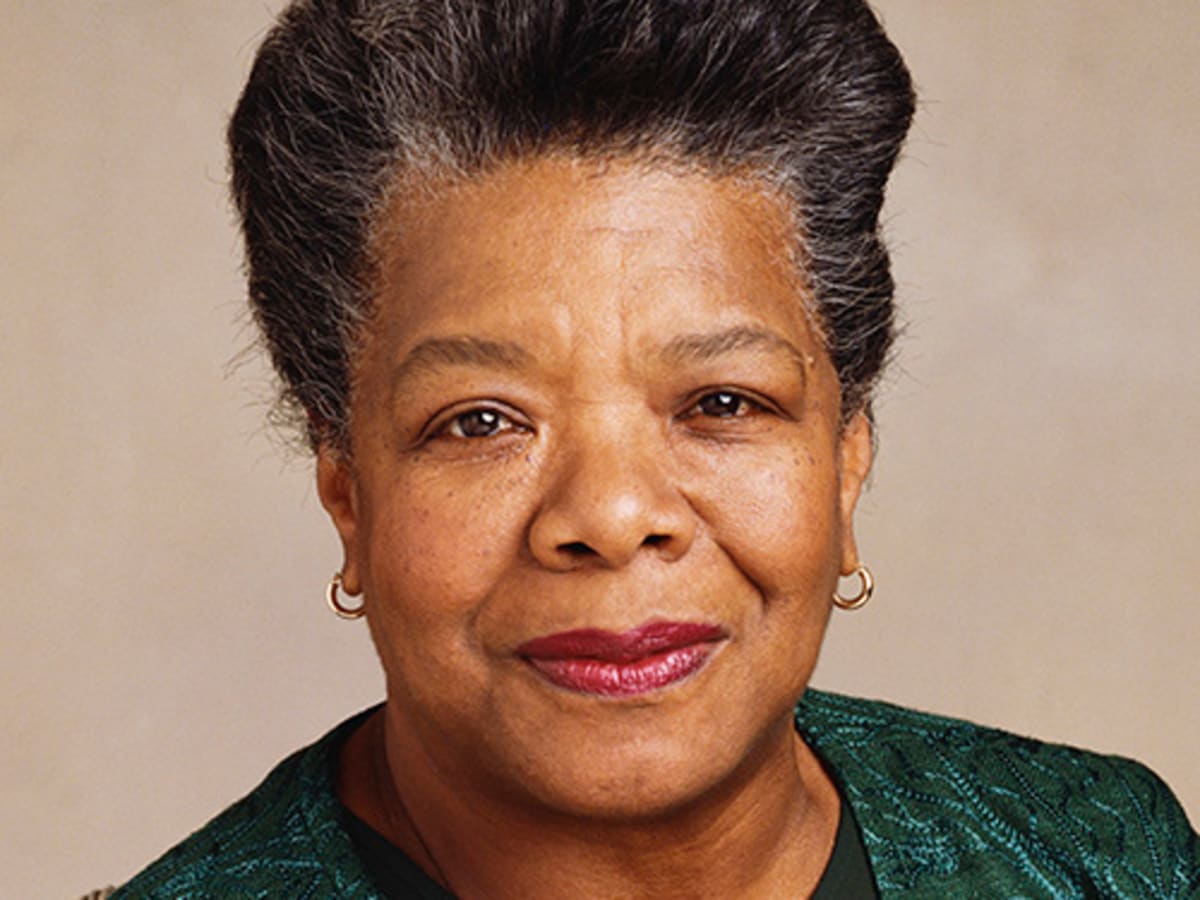
The 8th-graders are extremely excited about their current novel unit focusing on Maya Angelou’s famous autobiography I Know why the Caged Bird Sings (1969) where Angelou establishes her powerful voice against racial discrimination and inequality and provides a lyrical portrayal of the struggles Black Americans and, of course, herself were subjected to.
The students will be introduced to the history of Black people, the struggles of slave-trade, the fights towards the abolition of slavery, the history of racism in the US and the Civil Rights Movement, the current global situation regarding racial discrimination, and the significance of Black History Month in raising awareness about the rights of Black people in a global context. The unit’s pre-summative and summative assignments will involve the students in writing a research-based essay discussing the interplay of context, author and text, and specifically, how the book’s historical context influenced Angelou in writing this book, and, in her turn, how the author influenced through her book the struggle of Black women against racial and gender discrimination in the US during the 1960s and beyond. Last but not least, through the intensive reading of selected passages, the students will have the chance to discover Angelou’s unique authorial craftsmanship and gain a solid background in how language can be used to construct meaning, as well as inspire and transform multiple audiences.
– Dr. Ourania Chatsiou, Pinewood English Teacher
PHYSICAL EDUCATION - BLACK MONTH
This year, the Secondary PE Black history unit focuses on Muhammad Ali and Bill Russell.
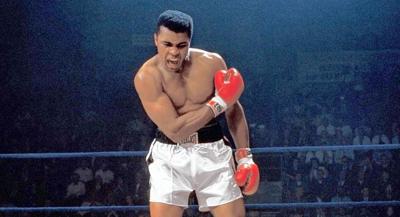
Muhammad Ali, considered one of the greatest boxers of all time, fought not only within the boxing ring but also as a vocal advocate for civil rights. He received the Liberty Medal for his long-time role as an advocate for humanitarian causes, civil rights, and religious freedom.
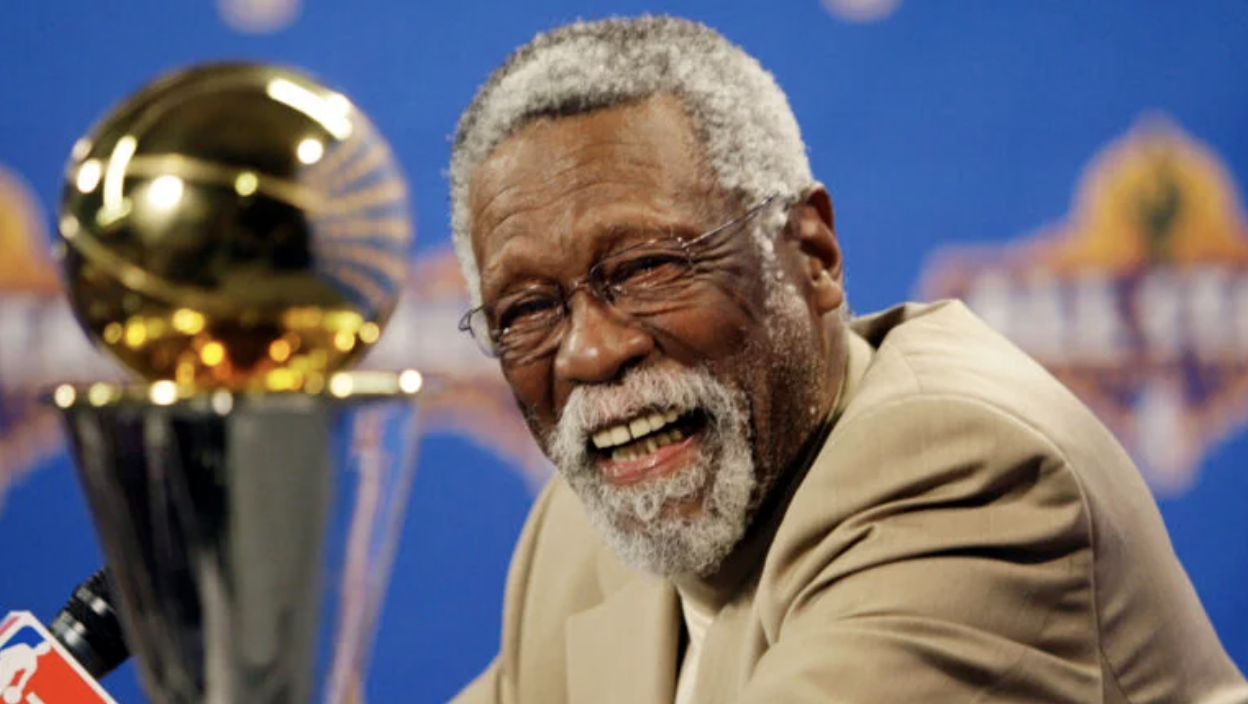
Bill Russell is one of the best defensive players in the history of the NBA. He inspired and revolutionized the game with a passion for defense that nobody else had ever brought. He not only redefined basketball but he fought and keeps fighting for the role of black athletes and civil rights in general. Bill Russell also became the first Black head coach in NBA history, paving the way for others.
– Mr. Kakaroudis Konstantinos, Pinewood Physical Education Teacher


